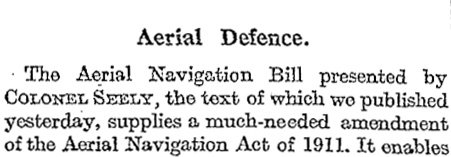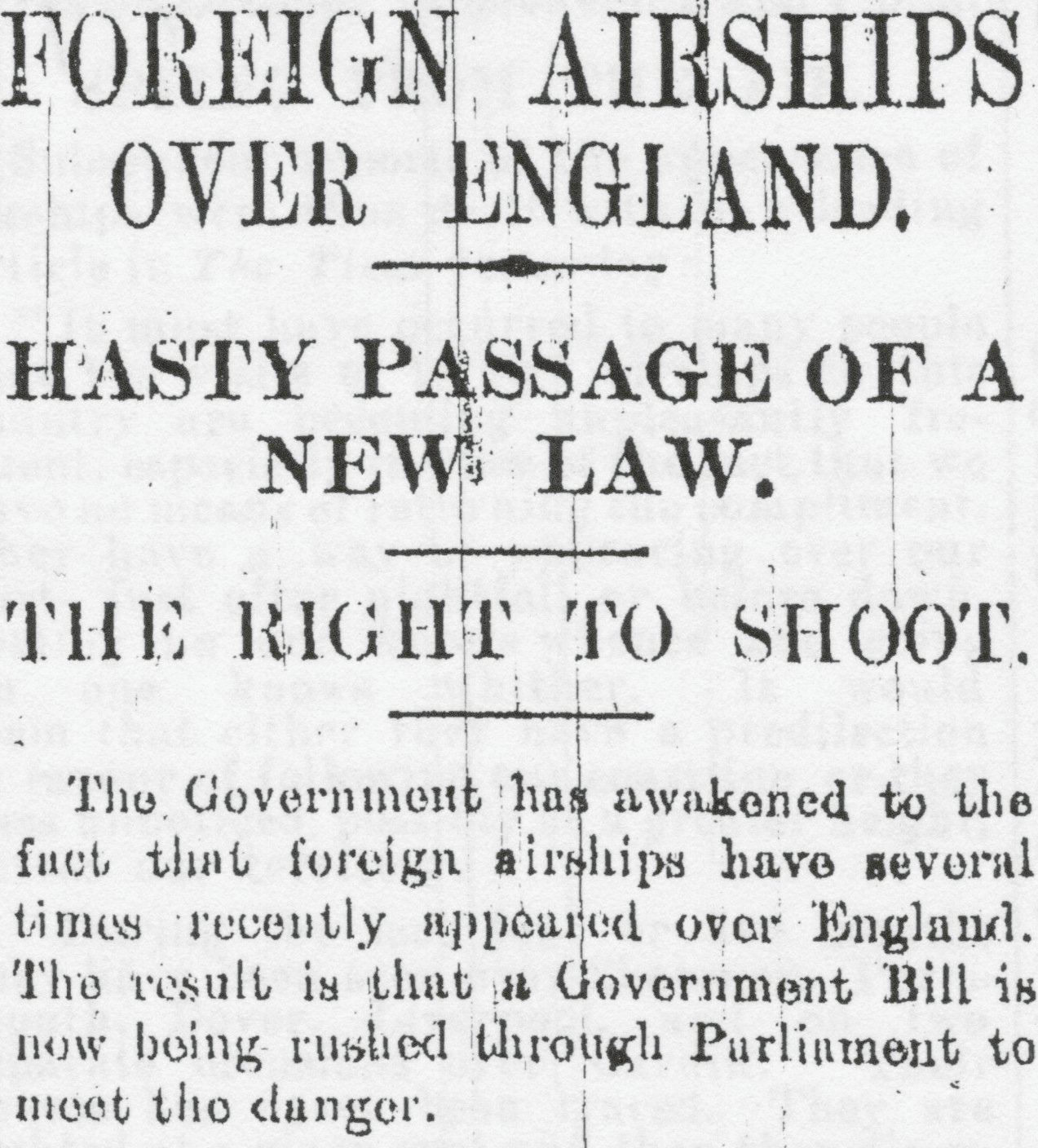
Jarrow, a shipbuilding town on the Tyne opposite Newcastle, was attacked from the air on the morning of 19 February 1938. Or rather, its inhabitants thought so, briefly.
What actually happened was an accident at the British Oxygen Company works at about 7.30 or 8am, when an oxygen cylinder exploded. This led to a fire, which was then followed by a series of explosions as another three hundred or more oxygen cylinders exploded over a period of two hours. The fire was under control by 10 or 10.30am. (Pictured above.) Casualties were fortunately extraordinarily light, with only two or three people requiring any medical attention. The Shell-Mex and BP oil depot nearby were unscathed. About 100 houses in the surrounding area received damage, including from cylinders crashing down through the roof, and in four streets every window was blown out. A police cordon was thrown around the danger zone and refugees were sheltered in the Baths Hall until, a few hours later, they were allowed to return to their homes.1
Unsurprisingly, the cylinder explosions were likened to bombs (as we would still do today, no doubt). One worker, John Gardner, said ‘I went all through the War and I was never in a bombardment like this’.2 T. Connor, after getting his own family safely down High Street, recalled that ‘It was pitiful to see the women and children, cold and crying and trembling with fear.’3 Similarly, Councillor J. H. Rowell said (paraphased) that
it was heart rending to see the fear spreading among the poor people. Many children cried but on the whole the people showed considerable fortitude and they followed instructions for their safety.4
A large crowd of the (temporarily) homeless gathered in the streets, ‘many of the people were visibly suffering from shock’, while some war veterans were ‘stated’ to be ‘much affected by the explosions and suffered recurrence of shell shock’.4 Rumours spread that ‘a large number of people had been killed’.4 This narrative is so exactly like what was supposed to happen in a knock-out blow from the air, albeit on a tiny scale, that’s no wonder that one local asked ‘Is this an [indication?] of what an air raid will be [like?]’5
But it wasn’t just like an air raid. Multiple eyewitnesses described actually believing that it was an air raid:
- ‘I thought Franco’s bombers had come over‘.6
- ‘The explosions could be heard all over the town. They sounded just like bursting bombs or the firing of guns, and many people ran into the streets in alarm. The first impression was that the town was being submitted to a bombardment or an air-raid‘7
- John Harney (Lime Street): ‘It was just like the air raids in Jarrow during the war. I jumped out of a bed and as I did so a huge piece of metal, too hot to handle, fell through the roof and on the bed where I had been lying’8
- John Miller (‘living in a caraven near the scene and who has only one leg’): ‘I thought it was another Zeppelin raid. It was just like those during the War. I saw a cylinder hurled high into the air like a torpedo and then burst’.2 ‘I remember the Zeppelin raids on the town, and thought another by some means or other, had taken place‘.9
- Mrs Sewell (Drury Lane, mother of four): ‘I thought it was an air-raid and ran out of the house with a baby in my arms. A policeman ran down the street telling everybody to get out and not to go back’.2
- Mrs Parr (Ferry Street) ‘declared that she was blown out of bed and she thought “the end” had come. She rushed out of the house in her night clothes’ (admittedly this one is ambiguous).4
- Mrs E. Nesbitt (52 Stead Street): ‘We thought the place was being bombed. The row was terrific and everybody was running about the place in a panic. My husband would not let us go outside for fear of being struck by [flying] metal. It was a terrible shock to us all. I nearly fainted.’9
Of the witnesses the Evening News spoke to, ‘without exception all stated that they were under the impression that a bombardment had taken place’.5 Councillor Rowell confirmed that ‘Everybody believed that a bombardment was taken [sic] place’.10 One story was headlined ‘TOWN’S “AIR RAID” PANIC’:
FEARING that Tyneside’s munition factories were being bombed from the air by enemy planes, mothers with babies in their arms, clad only in their night attire, rushed from their homes to-day when two terrific explosions shattered the works of the British Oxygen Company. Cripples, frantic women pushing prams, aged people, all scantily dressed, massed in a terrified throng whose one thought was to escape to safety. Some sped to the Roman Catholic church to pray for deliverance from the invaders.11
Admittedly, this was in the somewhat sensationalist Sunday Pictorial, forerunner of the Sunday Mirror (another story on the same page was entitled ‘NUDE CHAPLAINS FOR NATURE COLONIES’).
This is a fascinating example of an air raid panic, where collective behaviour in a crisis reveals the imagined landscape of airminded anxiety. (Perhaps a better example than the now-contested War of the Worlds panic in the US later in October.) But why did people almost instinctively think they were being bombed, especially in peacetime when there was no actual threat? The people living around the oxygen plant would have been aware of the possibility of an industrial accident, especially since many of the men would have worked there. In June 1935, there had been a similar incident at another British Oxygen factory, at Crewe in Cheshire, admittedly with far fewer explosions. It had many of the same effects, including people fleeing in panic and suffering from shock, but while the local newspaper described the evacuation as having ‘a war-time atmosphere’ and the accident scene as ‘resembling the after-effect of a bombing raid’, it never seems to have occurred to anyone that it might actually have been an air raid. Instead, the first thoughts were that it was an earthquake or a thunderstorm.12
The difference between Jarrow in 1938 and Crewe in 1935 is just that, different times and places. Jarrow, unlike Crewe to the west, was uncomfortably exposed to a German attack across the North Sea. Crewe had never been bombed; as two of the witnesses quoted above noted, Jarrow had been, by a Zeppelin on 15 June 1915, which killed 17 shipyard workers (and some would have had in mind the devastating naval bombardment of Scarborough, the Hartlepools and Whitby in December 1914). And for all that June 1935 is considered by some to be the peak of an air panic, at that point there was still little reason to think that Britain would be bombed imminently. By February 1938 there had been two and a half more years of tension with the Fascist powers, aerial rearmament on all sides, and, crucially, the increasingly brutal bombing of civilians in Spain and in China. The press headlines at the time of the Jarrow ‘bombardment’ were full of foreboding over Austria’s vulnerable position between Germany and Italy. (Though no sense of the Anschluss that was about to happen, nor for that matter Eden’s resignation over the appeasement of Italy.) By the end of September, of course, the anxiety over bombing would build to a flashpoint in the Sudeten Crisis.13
A knock-out blow from the air? It could happen here, at least for a few minutes. Now I just have to work out why anyone would think that Franco would be the one to do it.
Image source: Illustrated London News, 26 February 1938, 17.
![]() This work is licensed under a Creative Commons Attribution-NonCommercial-NoDerivatives 4.0 International License.
Permissions beyond the scope of this license may be available at http://airminded.org/copyright/.
This work is licensed under a Creative Commons Attribution-NonCommercial-NoDerivatives 4.0 International License.
Permissions beyond the scope of this license may be available at http://airminded.org/copyright/.
- Sunderland Echo, 19 February 1938, 1; Shields Evening News (North Shields), 19 February 1938, 1. [↩]
- Sunderland Echo, 19 February 1938, 1. [↩] [↩] [↩]
- Shields Evening News (North Shields), 19 February 1938, 6. [↩]
- Ibid., 1. [↩] [↩] [↩] [↩]
- Ibid., 6. [↩] [↩]
- Sunderland Echo, 19 February 1938, 1; emphases added in all quotations. [↩]
- Daily News (Hull), 19 February 1938, 1. [↩]
- Lincolnshire Echo (Lincoln), 19 February 1938, 6. [↩]
- Shields Evening News (North Shields), 19 February 1938, 6. [↩] [↩]
- Quoted in ibid., 1. [↩]
- Sunday Pictorial, 20 February 1938, 2. [↩]
- Crewe Chronicle, 22 June 1935, 5. [↩]
- See Brett Holman, The Next War in the Air: Britain’s Fear of the Bomber, 1908–1941 (Abingdon: Routledge, 2016), 203-219; Julie V. Gottlieb, ‘Guilty Women’, Foreign Policy, and Appeasement in Inter-War Britain (Basingstoke: Palgrave Macmillan, 2015), 171-173. But also Kate Summerscale, The Haunting of Alma Fielding: A True Ghost Story (London: Bloomsbury Circus, 2020), which I picked up for a diverting isolation read, but as it uses the increasing anxiety over war as a backdrop to a bizarre London poltergeist episode proved to be research-related — and p. 9 is where I came across the Jarrow ‘bombardment’. [↩]





Franco was everyone’s first thought when it came to bombers. He was the only one actually doing it at the time. Consider these examples from Parliamentary debates:
14 April 1937: Philip Noel-Baker: “In this case there has not been a single case of ships being actually bombed but a mere declaration by General Franco that they may be bombed.” [Hansard col. 1129]
6 May 1937: Mr. [Patrick] Donner: “We have no reliable information of what happened at Guernica, but if German aeroplanes or aeroplanes belonging to General Franco did, in fact, bomb Guernica, we should not without an investigation immediately jump to the conclusion that it is an open town….” [Hansard col. 1354].
15 December 1937: Sir William Davison: “Can the right hon. Gentleman say whether General Franco has been warned not to bomb this company?” [Hansard col. 1138]
7 February 1938: “Lieut.-Commander [Reginald] Fletcher asked the Secretary of State for Foreign Affairs what steps have been taken to obtain compensation for the owners of the ‘Thorpeness,’ recently bombed at Valencia by General Franco’s aircraft, and for the relatives of the men killed?” [Hansard col. 655]
14 June 1938: Mr. [John McGovern “Is it not the case that the Prime Minister’s statement to-day is a direct incitement to General Franco to go on bombing British ships and to murder British seamen?” [Hansard col. 46]
no doubt other examples of Franco-as-director-of-bombers can be found in contemporary newspapers and magazines.
Roger:
Yes, of course (and you remind me that British merchant vessels being bombed by Nationalist aircraft was definitely a thing in this period). But what I meant more was the geopolitical implausibility of it: why would anyone think that Franco, who had his hands full with fighting a civil war, would he suddenly attack the world’s greatest military power? And even if he did so, why attack on the other side of the British Isles from Spain, rather than, say Cornwall or Portsmouth? And even if he wanted to, how? So one answer to that, of course, is that not everyone has a very clear view of objective strategic reality (which is what is interesting to me). But it could also be that the comment was sarcastic, since many of Franco’s bombers were actually Hitler’s (much more likely to be bombing Britain). Or perhaps he just simply having a laugh.